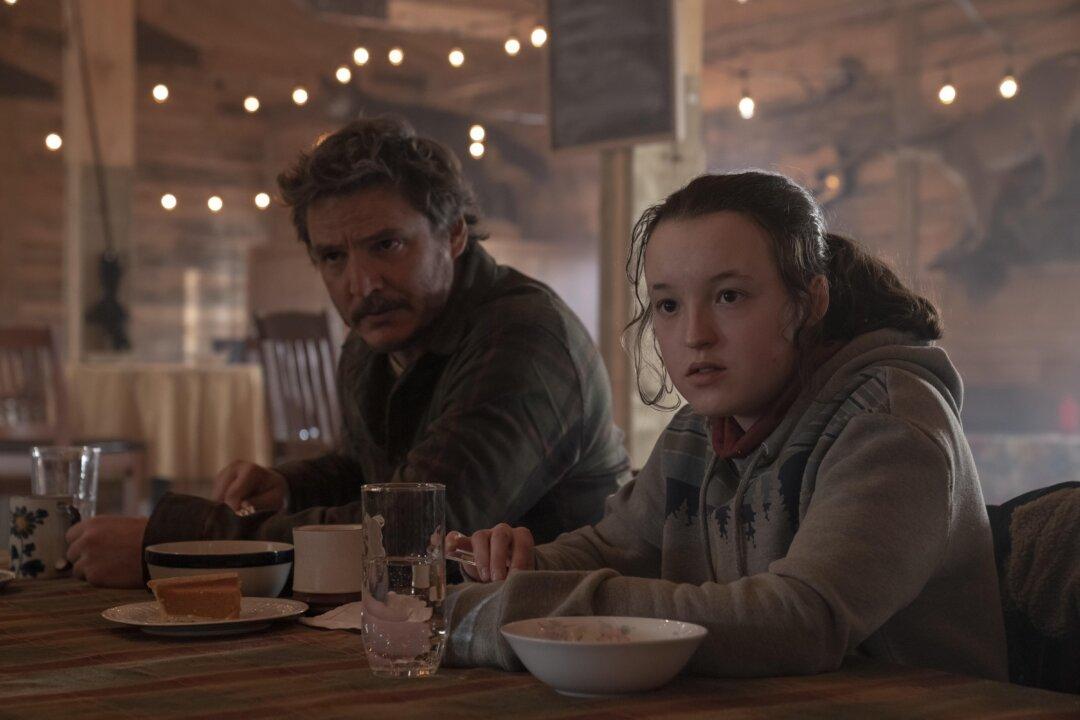Commentary
The two LGBTQ+ love stories interwoven in episodes of HBO’s zombie-horror post-apocalyptic thriller, “The Last of Us,” are also the lowest-rated episodes in the series.

The two LGBTQ+ love stories interwoven in episodes of HBO’s zombie-horror post-apocalyptic thriller, “The Last of Us,” are also the lowest-rated episodes in the series.